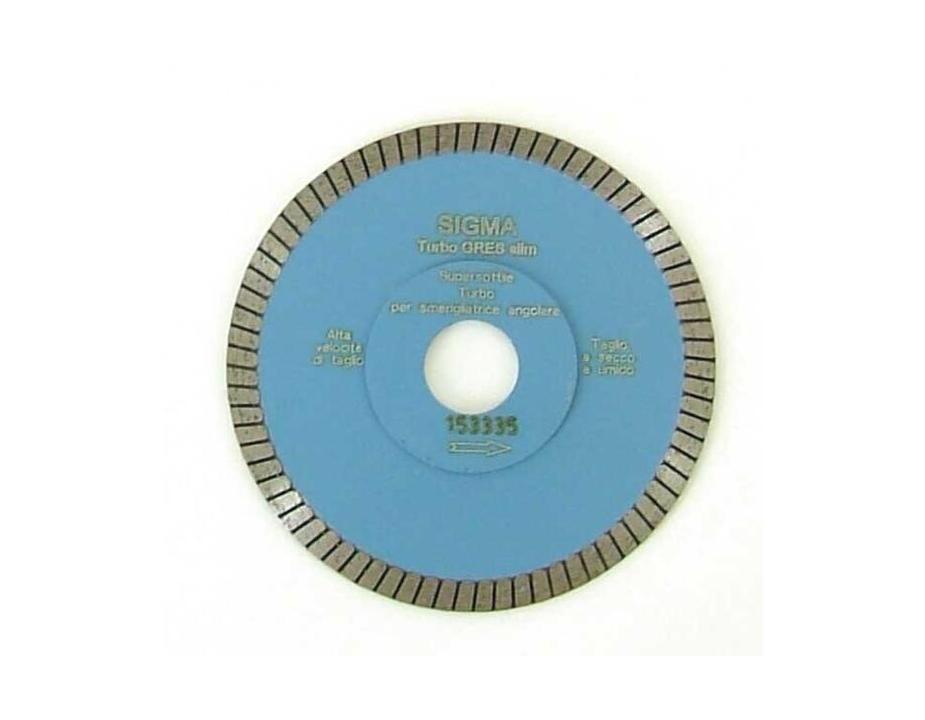Investigating the Personality Inventory for DSM-5 using self and spouse reports.
Di uno scrittore di uomini misteriosi
4.5 (273) In Magazzino

Two new clinical tools, the Personality Inventory for DSM-5 (PID-5) and its informant report version, the PID-5-IRF, were developed to assess personality pathology as described by the new trait-based model within Section III of DSM- 5 and good to excellent agreement between spousal reports was found between them for facets in the negative affectivity, detachment, and antagonism domains. Two new clinical tools, the Personality Inventory for DSM-5 (PID-5) and its informant report version, the PID-5-IRF, were developed to assess personality pathology as described by the new trait-based model within Section III of DSM-5. The current study used both self and spousal reports to evaluate agreement between the PID-5 and the PID-5-IRF and to determine the extent to which these measures capture personality pathology as conceptualized in Section II of DSM-5. A nonclinical sample (N = 96 individuals) of recently married couples completed the self-report PID-5, the PID-5-IRF, and the SNAP-2 to assess self-reported DSM-IV PD criteria. Analyses found good to excellent agreement between spousal reports on the PID-5 and the PID-5-IRF for facets in the negative affectivity, detachment, and antagonism domains. In addition, both the PID-5 and the PID-5-IRF each individually accounted for a significant proportion of variance in self-reported DSM-IV PD criteria. Implications for the present findings are discussed.
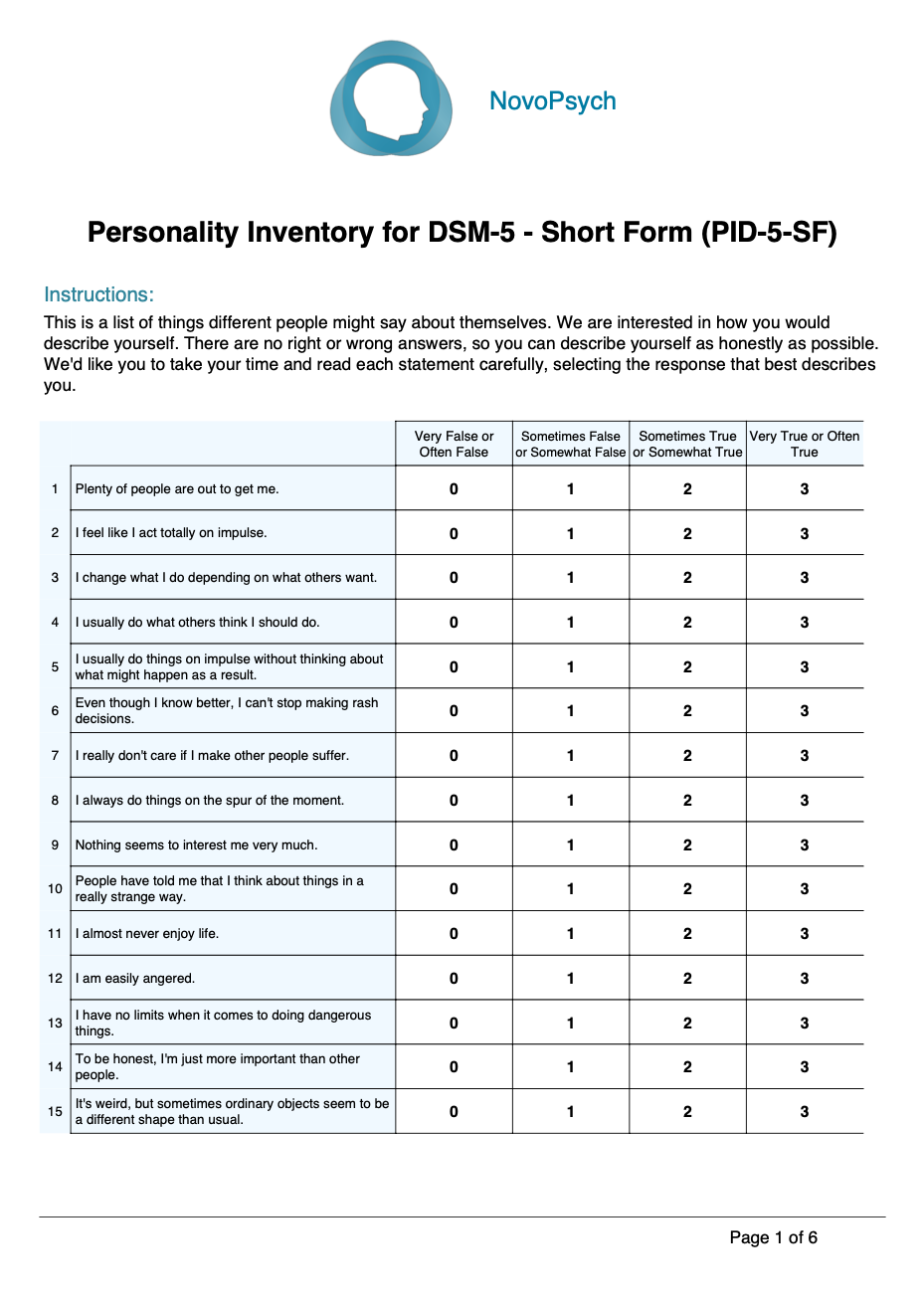
Personality Inventory for DSM-5 – Short Form (PID-5-SF) – NovoPsych

Correlations of Hogan Personality Inventory Primary Scales With

The Development and Psychometric Properties of an Informant-Report Form of the Personality Inventory for DSM-5 (PID-5)

Investigating the Personality Inventory for DSM-5 using self and spouse reports.
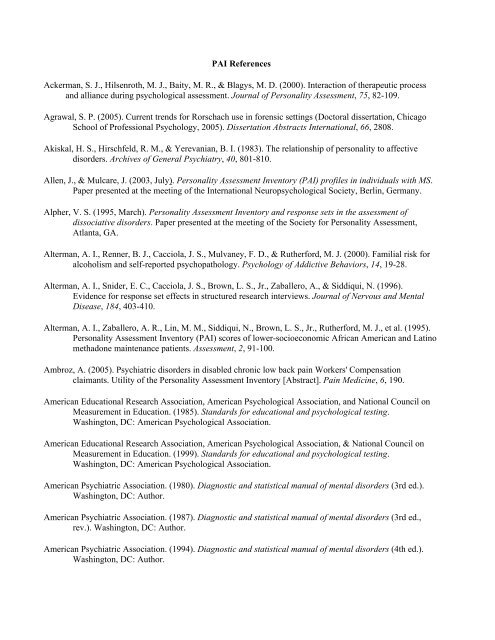
PAI Bibliography - Psychological Assessment Resources, Inc.
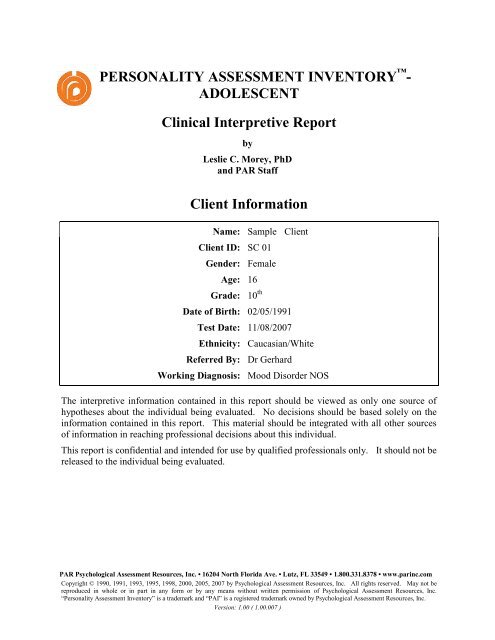
PERSONALITY ASSESSMENT INVENTORY - ACER
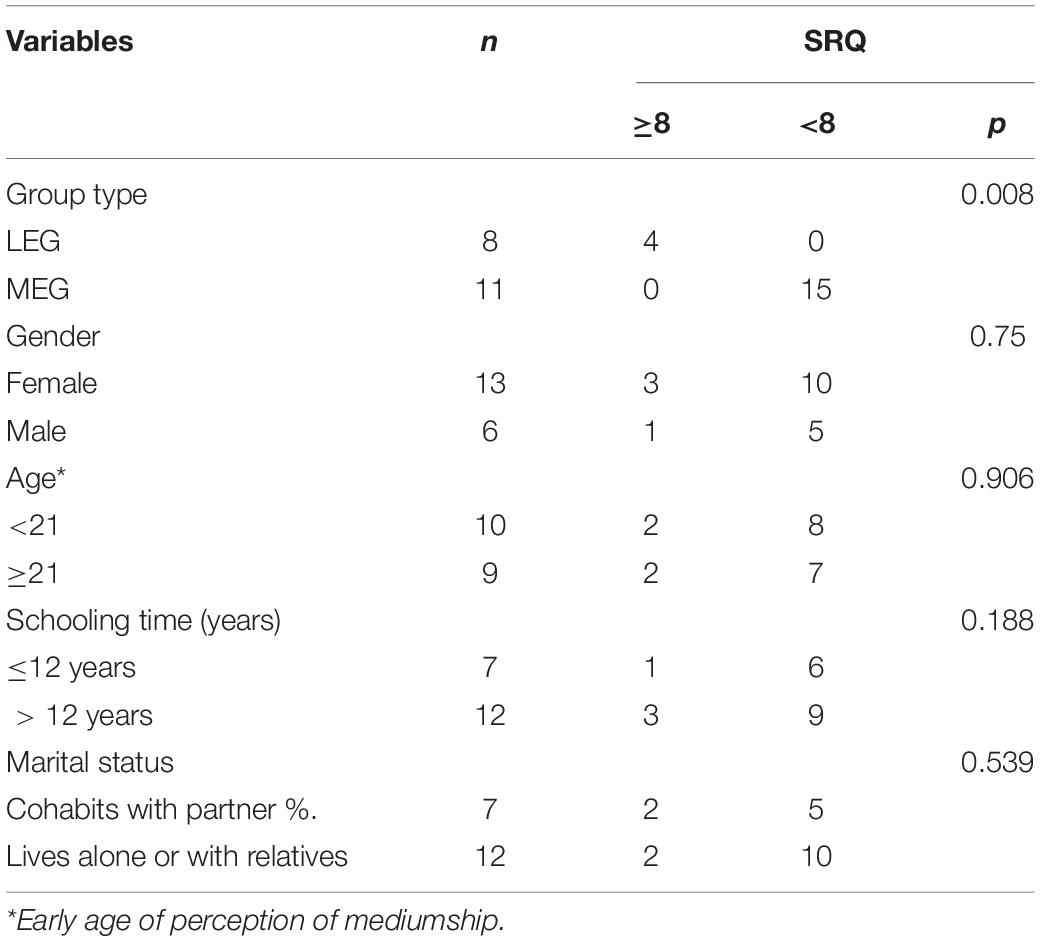
Frontiers Cognitive Health and Differential Cortical Functioning in Dissociative Trance: An Explorative Study About Mediumship

Personality, self-esteem, familiarity, and mental health stigmatization: a cross-sectional vignette-based study
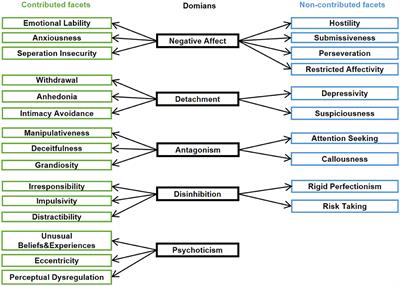
Frontiers Personality Inventory for DSM-5 in China: Evaluation of DSM-5 and ICD-11 Trait Structure and Continuity With Personality Disorder Types

OMNI-IV Personality Disorder Inventory Interpretive Report - ACER
Full article: Externalizing Behavior Through the Lens of the Five-Factor Model: A Focus on Agreeableness and Conscientiousness
Disturbi di personalità secondo il DSM-5, Teorie e Scale di funzionamento, Appunti di Psicopatologia
Il DSM-5 e i legami con le case farmaceutiche
SCID-5-PD Starter kit - Michael B. First, Janet B.W. Williams


